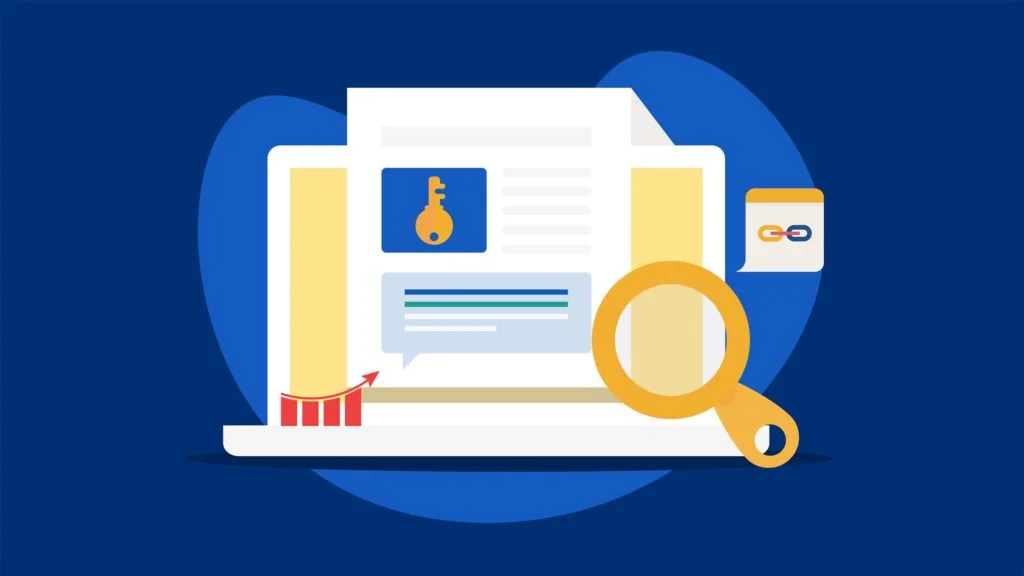And just as the constantly evolving world of internet marketing, there is one thing that will never be out of style i.e keyword research. Blogging, site optimization, building an internet...
How to Analyze and Improve Website Analytics
Everything you need to know about our Company Read MoreDigital marketing agency in Pakistan and Website analytics is highly essential for understanding the behavior of your users, optimization in the performance of your website, and eventually business goals. Be it an e-commerce site, a blog, or any service-based website-it can bring you tremendous growth if you analyze and work upon your website analytics. Now, let’s get you started step by step guide:
Set clear goals
Define what success looks like for you, before you even look at the analytics.
Examples: drive more traffic, conversions, and fewer bounces; grow engagement
Tip: The objectives should be SMART- that is, Specific, Measurable, Achievable, Relevant, and Time-bound.
Choose the Best Analytics Tools
Sometimes, proper website analysis differs in what tools you choose.
Recommended Tools For general data analysis: Google Analytics (GA4).
SEMrush or Ahrefs: a deep activity report regarding SEO activities.
HubSpot: the company’s CRM fully inclusive analytics tool.
Pro Tip: Configure your analytics tool to track the right event such as form submission, or a purchase of a product.
Must Monitor Metrics
The major metrics to monitor in this category are;
Traffic Metrics: Total and unique visitors and Traffic source
User Engagement: Bounce rate, average session duration and pages per session
Conversion Metrics: Conversion rates, goal completions, and revenue, if applicable.
Demographics and Behavior: Where users, devices, and behavior flow.
Action Step: Identify the trends and anomalies in these metrics to zoom in on where to focus your improvement efforts.
-
Use Insight for SEO service near me Improvement
Getting ranked higher on search can exponentially increase traffic.
Track: Organic traffic, top keywords through Google Analytics or Ahrefs
Improve Meta tags, high-quality content, technical SEO agency in Pakistan, SEO site speed, mobile responsiveness, etc.
-
UX Improvement
Monitor user behavior on your website for a better user experience
Use Heatmaps: Where is the user dropping off or spending too much time.
A/B Testing: Test different kinds of landing pages, calls to action, or other content to find what would work best.
Optimizing for Mobile: Use a mobile-friendly design. Ensure your page loads faster.
- Monitoring Conversion Funnel
Track that journey from coming to your website to completion of a desired action.
Drop-off places: Make use of Google Analytics visualizations to establish the proper funnel analysis for identifying where the drop-offs are
Optimize Steps: Number of form fields reduced
Trust signals, like testaments and security badges, rise
-
Reporting and Automation
Just imagine how tiring and mundane tracking would be, literally. Automate it
Set Up DashboardsMake use of custom dashboards on Google Analytics or Data Studio
Schedule Reports: Schedule automatic weekly or monthly reports. Effort will not be needed from your side
-
Continuous testing and iteration
Continuous improvement is the path to long-term success.
Run Experiments Regularly test headlines, layouts, or pricing models
Learn from Data Make decisions based on historical data
Stay Updated Keep updated with analytics and new tools.
Conclusion
Web analytics is not about collecting data; it is about making insights actionable strategies. To optimize performance and measurable growth, set goals, leverage the right tools, and continually improve your website.
Start small, narrow down improvement to one at a time, and rely on the data to determine your action. With dedication and practice, your website can indeed become that all-powerful asset for your business.





Leave a Reply